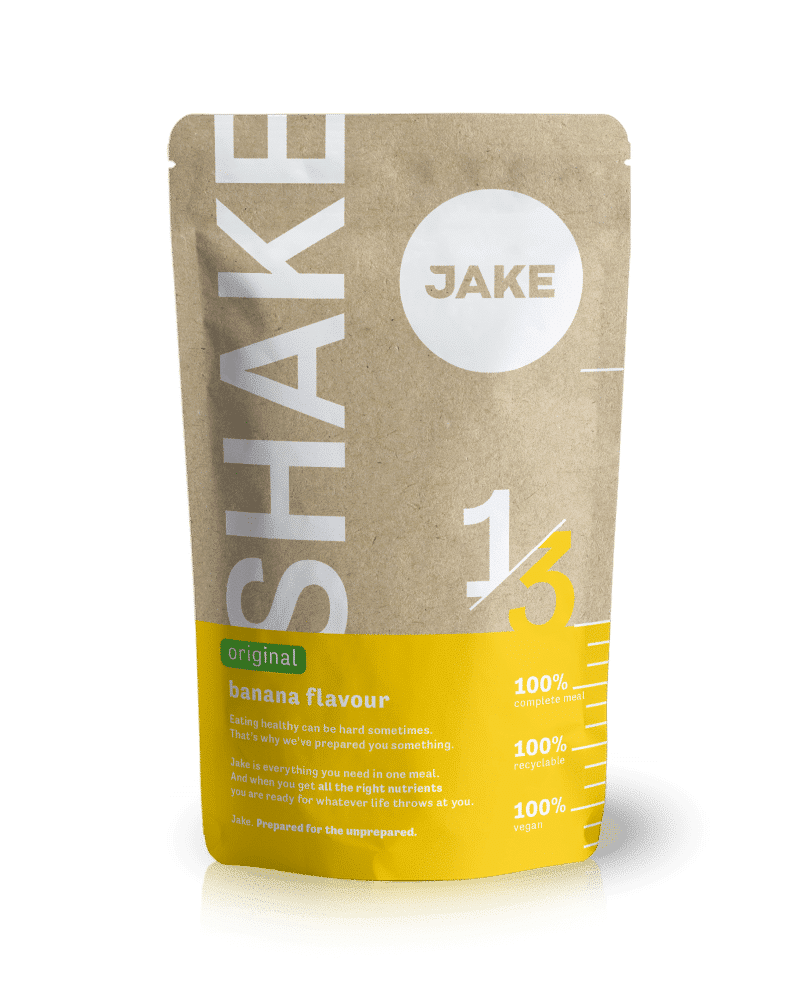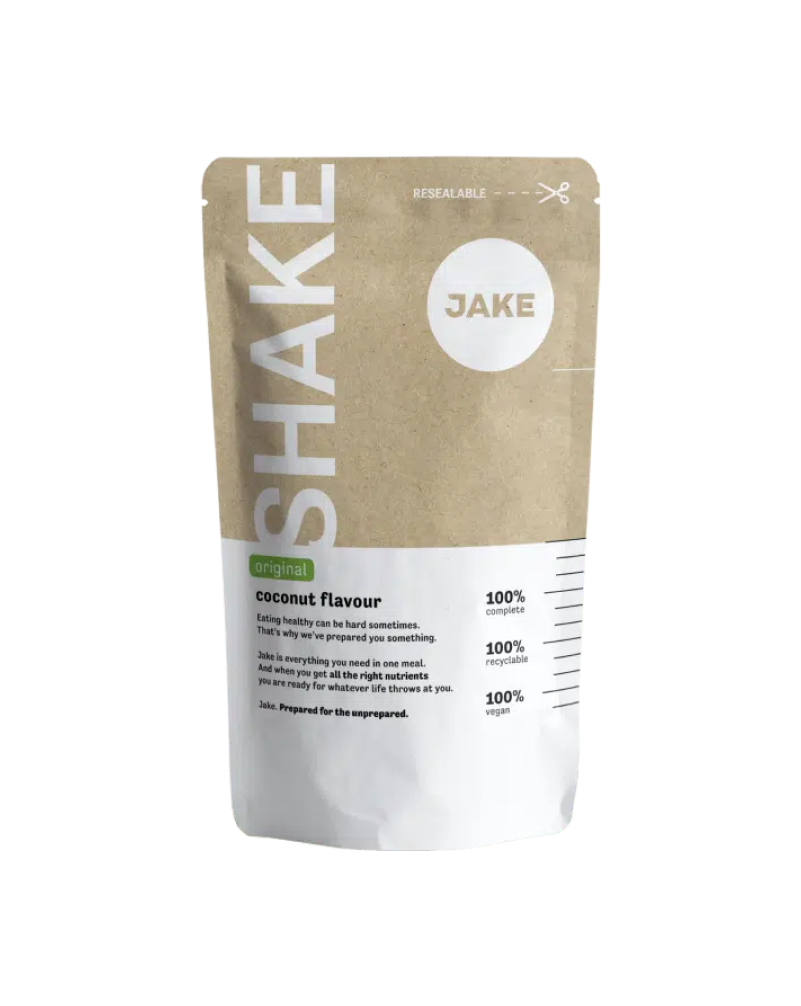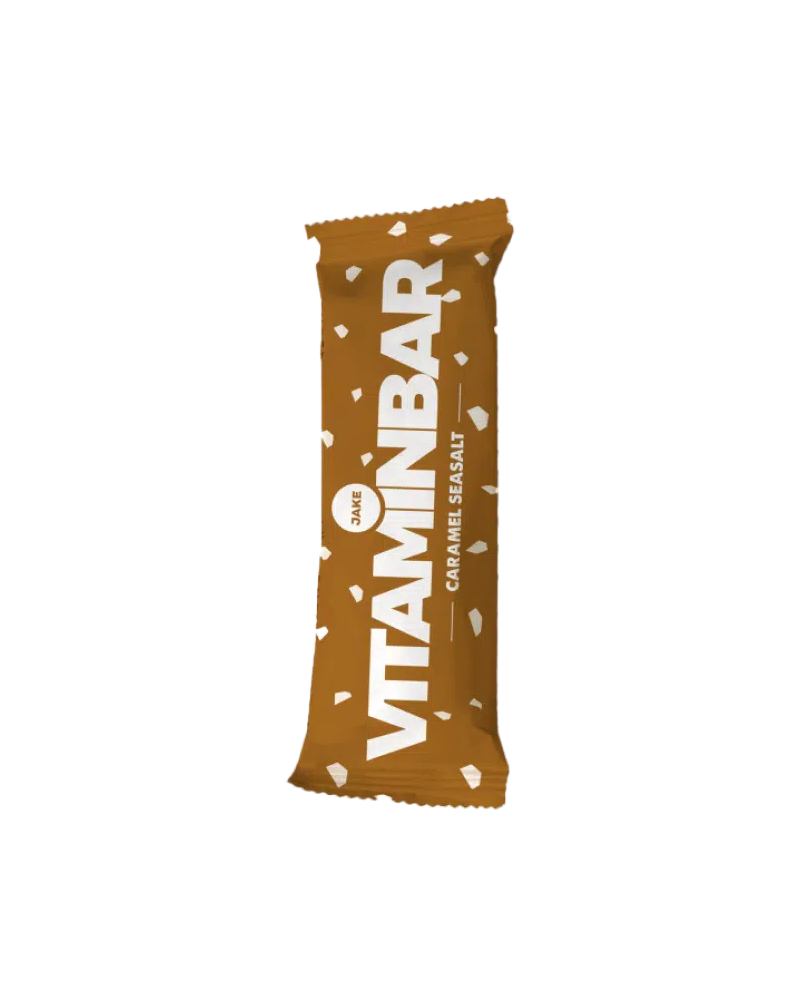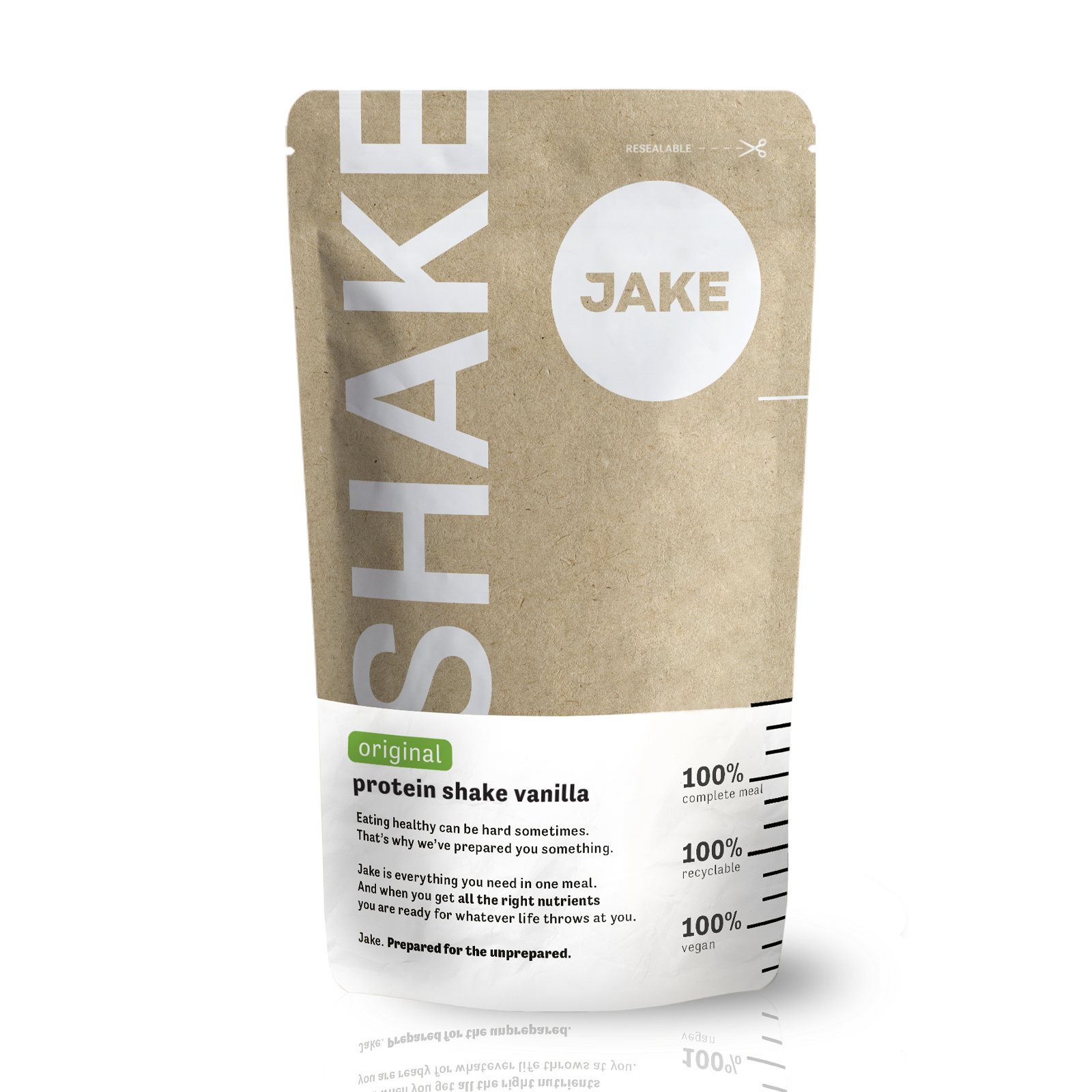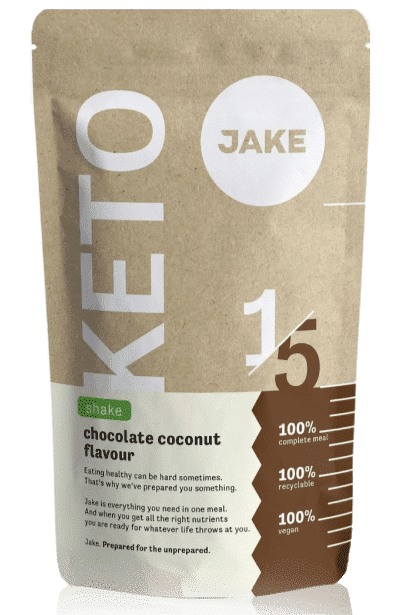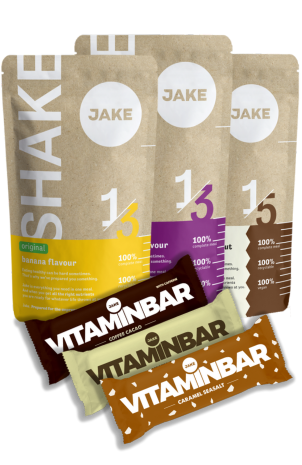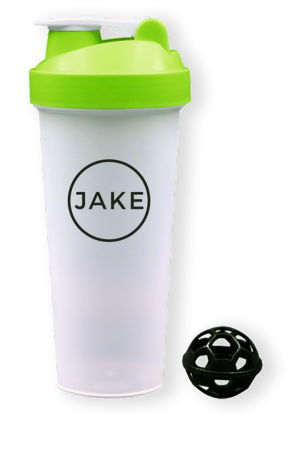5-minute read•July 9th, 2018
Copper is one of very few elements that occur in nature in a form that is directly usable for man, so it’s no surprise that it was already used for toolmaking as far back as 8000 BC. Apart from being an important piece of human civilization for so long, copper is also an essential factor for our health. From our immune systems to the functioning of the heart, copper is involved. Here’s what you need to know.
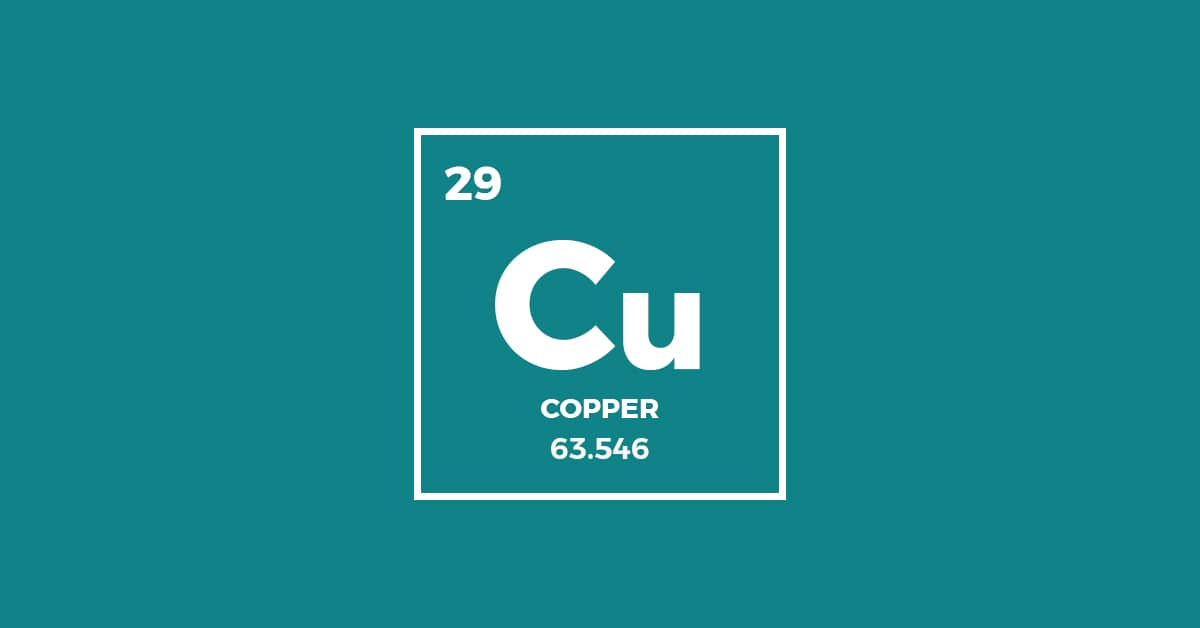
Short on time?
Best known for: Keeping your immune and nervous systems healthy; maintain the normal function of your blood and your heart.
Good sources: Oysters, dark leafy vegetables, potatoes and nuts are some of the best sources of copper.
Adequate intake (AI): 1.6 mg/day for adult men; 1.3 mg/day for women. The tolerable upper intake level (UL) is 5 mg/day.
Good to know: : Dark chocolate (70-85% cocoa) can be a good source of dietary copper. However, consume with moderation – a full bar contains a bit over your recommended daily amount of copper.
Copper in Jake:
Jake Light and Original meal replacement shakes: 33% of AI
Jake Sports: 25% of AI
Vitaminbars: 28-29% of AI
What is copper?
Copper is an essential trace element. This means that it’s necessary for our body to function, but we only need it in a small amount.
The average adult has about 110 mg of copper in their body. Most of it is stored in the bones and connective tissue. Only about 6 % circulates in the blood.
Under normal circumstances, your body keeps the levels of copper under tight control. When your copper intake drops, your intestines increase the level and efficiency of its absorption.
Health benefits of copper
Copper’s most important role is to support the functioning of enzymesEnzymes are substances, mostly proteins, that speed up biochemical reactions within the body., including some responsible for neurotransmitterNeurotransmitters are chemicals that enable nerve cells to transmit impulses to other cells in the body. synthesis. This makes copper crucial for the normal functioning of the brain and nervous system.
The key functions of copper are:
- Oxygen transport in the body: Copper is needed for several enzymes which speed up the oxidation of iron. Once oxidised, iron forms red blood cells that carry oxygen throughout the body.
- Immune response: Copper is important for the normal functioning of macrophages: white blood cells responsible for fighting off germs and diseases.
- Cardiovascular health: Copper helps blood vessels retain their elasticity, a key factor for maintaining normal blood pressure. Next to that, copper is needed to support the muscle tone of the heart.
- Nervous system functioning: Copper-dependent enzymes are involved in neurotransmitter synthesis. Neurotransmitters are chemicals that carry information from one nerve cell to another cell anywhere in the body.
Ever wondered why public buildings often have doorknobs and handrails made of copper or one of its alloys? Copper is naturally antibacterial, which makes it a great choice in public spaces to prevent the spread of diseases.
How much copper do you need?
Adult men need 1.6 mg of copper per day. Women need 1.3 mg per day. During pregnancy and lactation, the recommended daily intake is increased to 1.5 mg/day.These amounts reflect the adequate intake (AI) established by the European Food Safety Authority. A bar of dark chocolate (70-85% cacao) contains just over the amount of copper to meet an adult man’s daily needs.
Copper in foods
Possibly the best sources of copper are oysters. They don’t tend to feature in many people’s daily diets, though. If that applies to you as well, you can turn to whole grains, legumes, potatoes and nuts in order to get your daily dose of copper. Alternatively, black pepper, yeast, prunes, cocoa and dark leafy vegetables can also contribute copper to your diet.
The best sources of copper are:
| Food | AI (%)* | Copper (mg) |
|---|---|---|
| Oysters, cooked (100 g) | 357% | 5.7 |
| Dark chocolate, 70-85% cocoa (100 g) | 113% | 1.8 |
| Kale, raw (100 g) | 94% | 1.5 |
| Shiitake mushrooms, cooked (100 g) | 56% | 0.9 |
| Sesame seeds (100 g) | 256% | 4.1 |
* Based on the adequate intake (AI) for healthy adult men (1.6 mg/day) according to the European Food Safety Authority (EFSA).
What if you’re not getting enough copper?
Copper deficiency is quite rare, especially in developed countries and among people with a varied diet. One of the potential causes of copper deficiency is Menkes disease, a rare genetic disorder that starves proteins of copper and results in weak limbs, seizures and brittle hair.
Due to copper’s role in iron oxidation, a copper deficiency can be severe, resulting in anaemiaAnaemia is a serious blood disease characterized by a deficiency of red blood cells in the blood. and/or osteoporosisOsteoporosis is a bone disease that results in weak and brittle bones..
Copper has a natural reddish-orange colour. However, as it oxidises, it turns green. This process is behind the Statue of Liberty’s current greenish colour. It’s also the reason why jewelry containing copper can colour your skin green.
How much copper is too much?
You’re very unlikely to consume a potentially toxic amount of copper from a regular diet. Your body keeps copper levels under tight control, so if you consume too much, your body will automatically absorb less. The risk of copper toxicity is generally limited to people with hereditary conditions that affect copper metabolism. It’s also possible to experience copper toxicity if you live in a region where drinking water is contaminated with copper.
The symptoms of copper toxicity include low blood pressure, yellow pigmentation of the skin and vomiting. An extreme intake level of about 200 mg/kg body weight can be fatal and has been used as a means of suicide.
Some people, such as those with the rare Wilson disease, are at a higher risk of copper toxicity. Wilson disease causes copper to accumulate in the liver, brain and other organs, which can lead to hepatitis, brain disorders and kidney problems.
To stay on the safe side, keep your copper intake under 5 mg per day.This amount is the tolerable upper intake level (UL) established by the European Food Safety Authority (EFSA).
Take-aways
The three things to keep in mind about copper are:
- Copper keeps your immune and nervous systems healthy; it maintains the normal functioning of your heart and blood.
- You can get your daily dose of copper from oysters, as well as green leafy vegetables, nuts and legumes.
- Copper deficiency is rare, but it can be dangerous, resulting in anaemia and/or osteoporosis.
